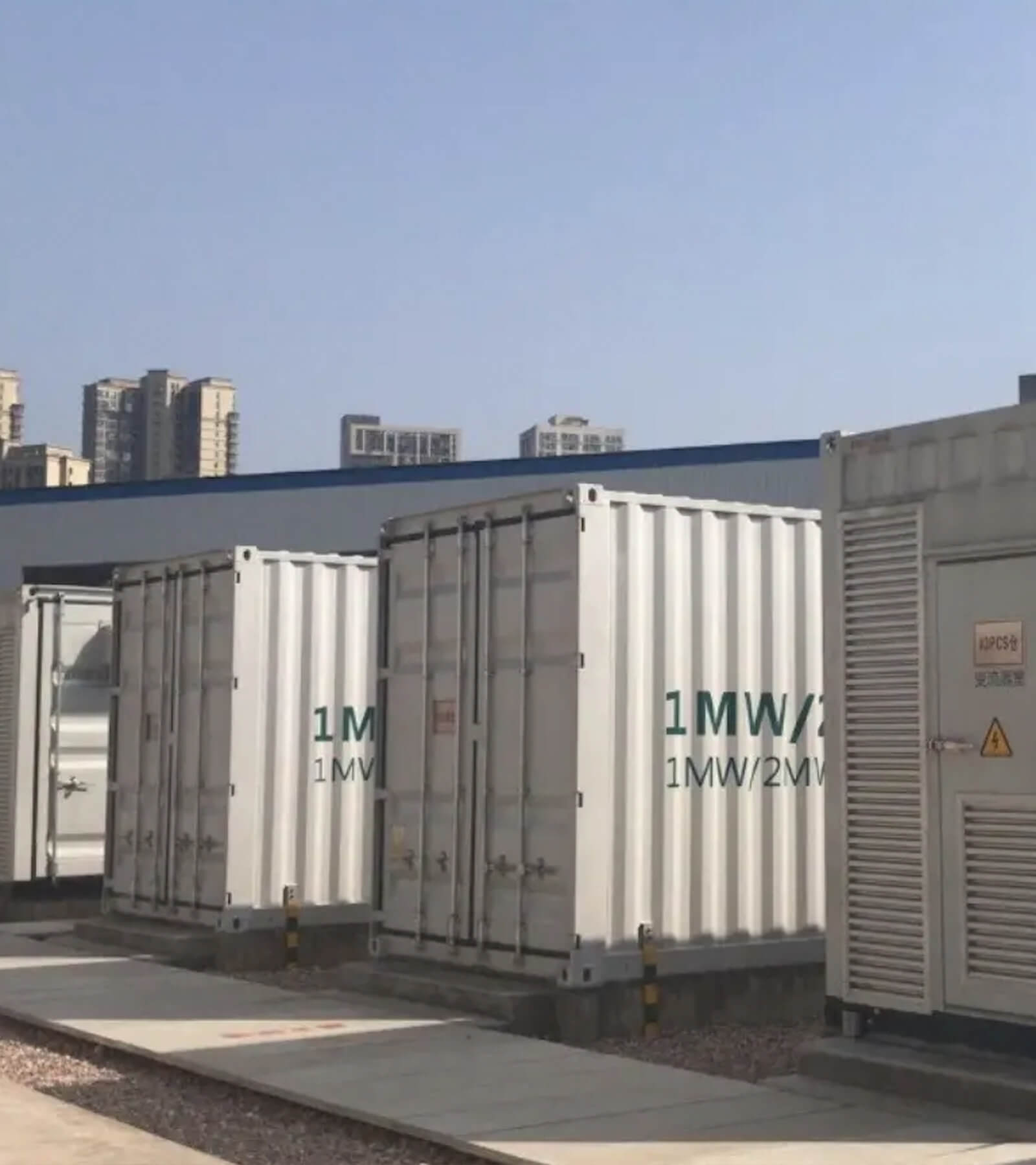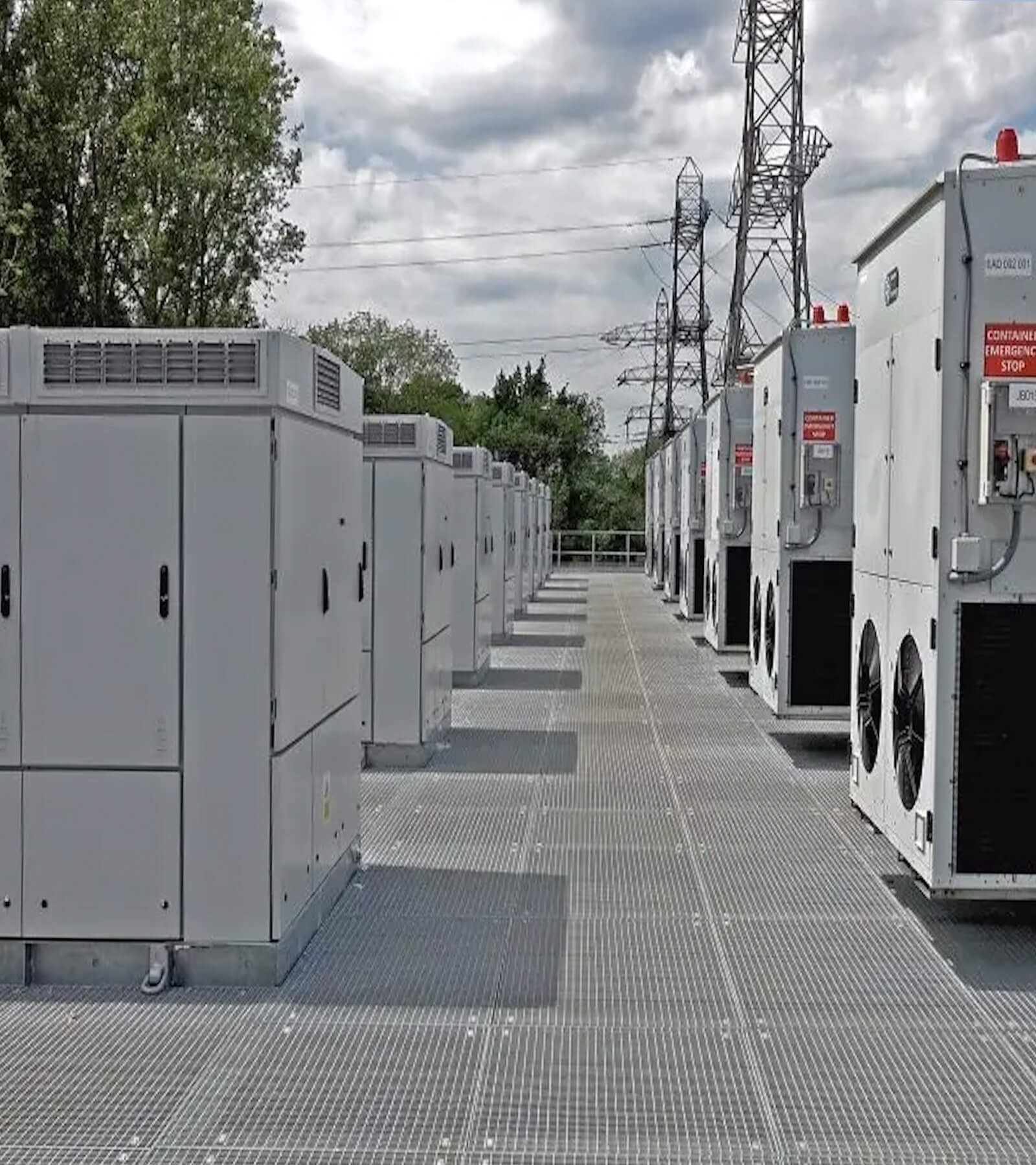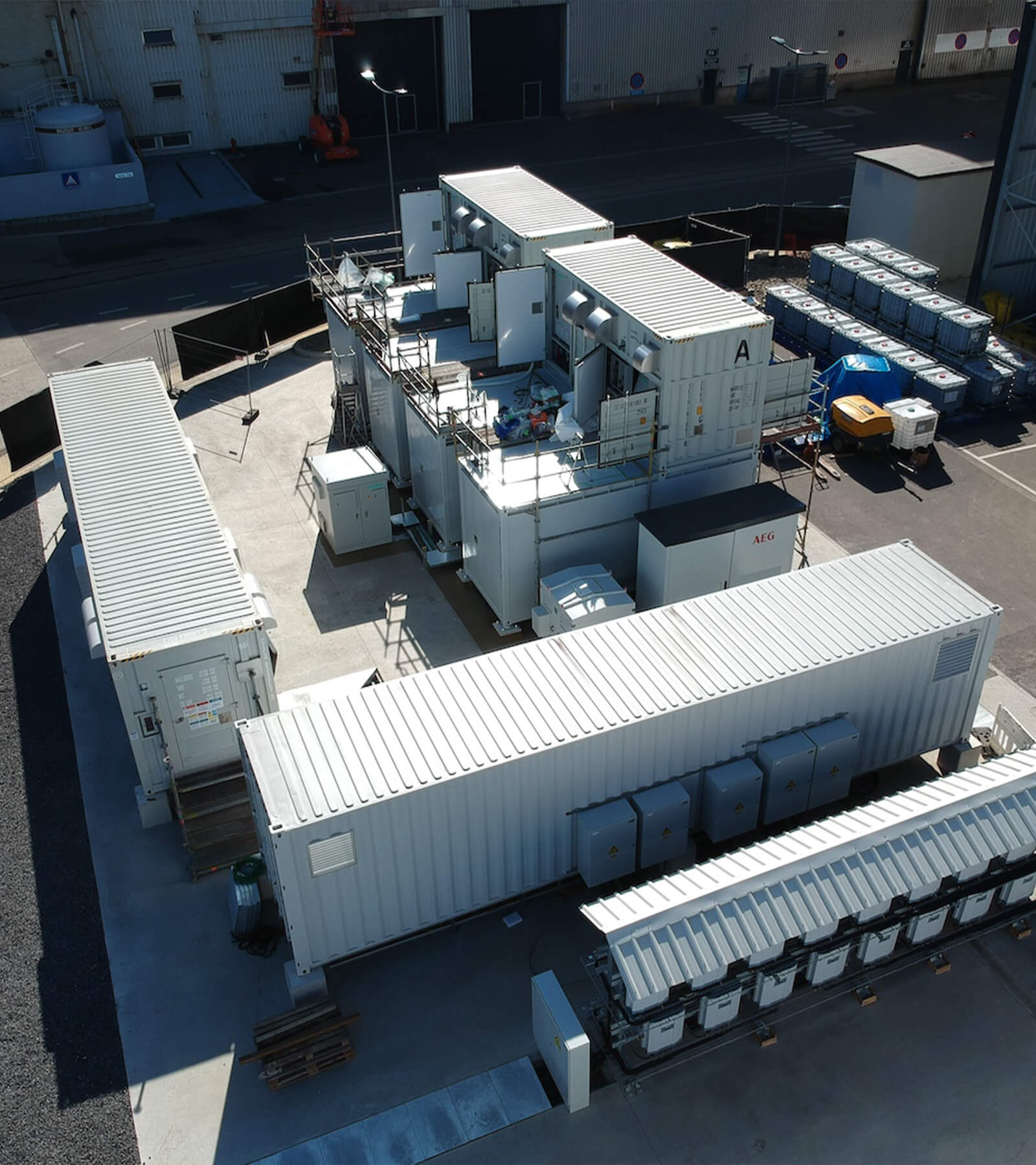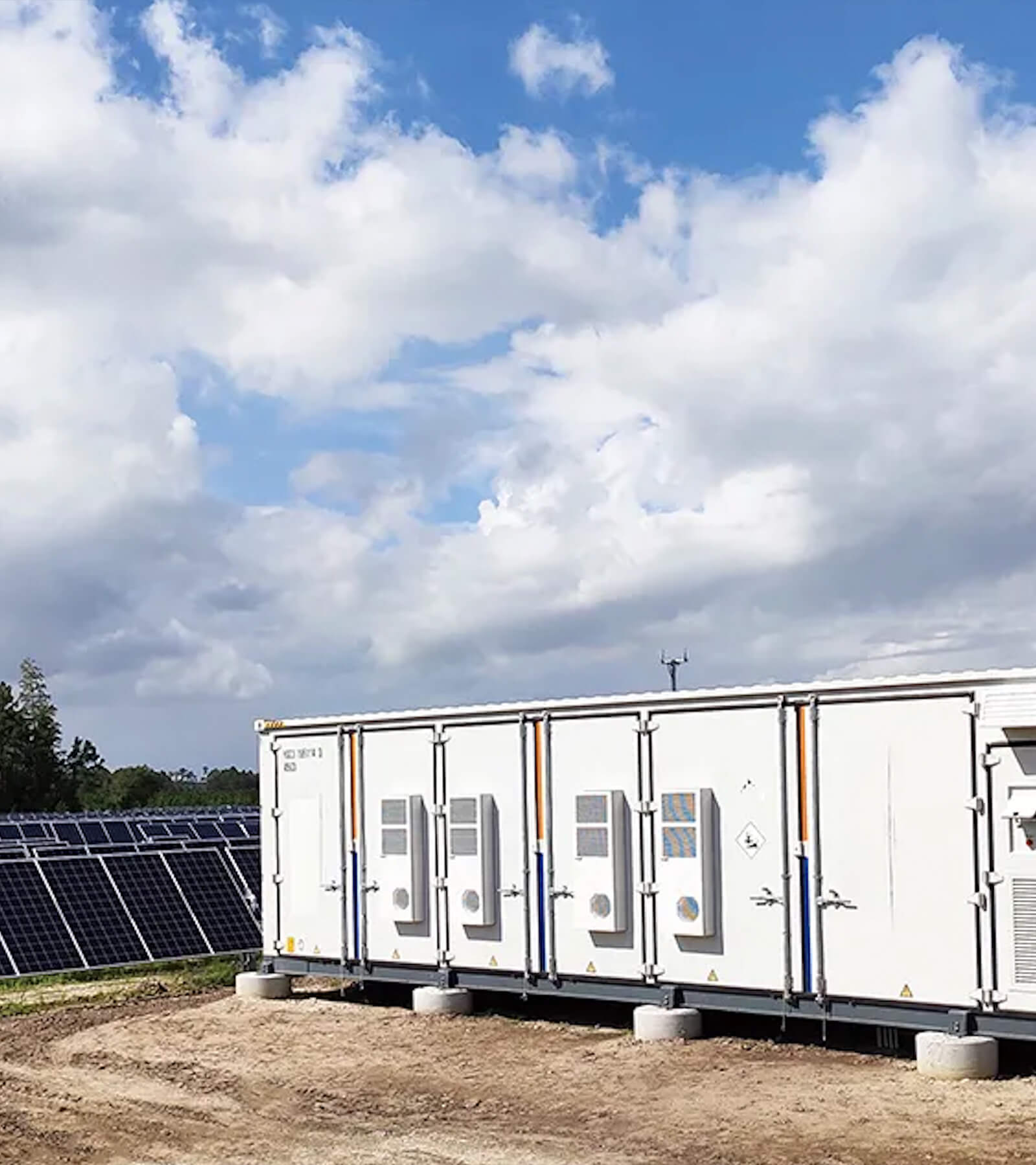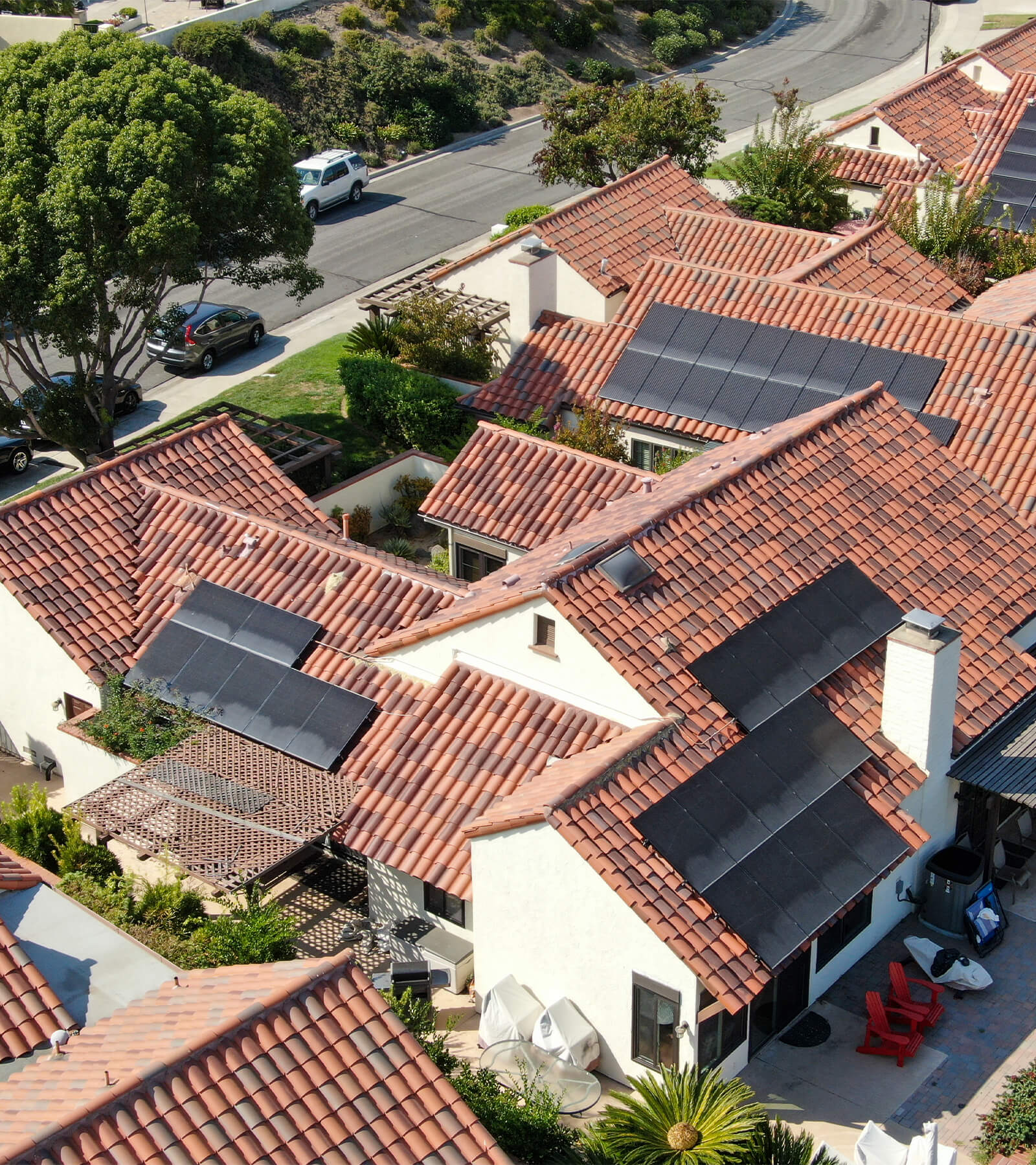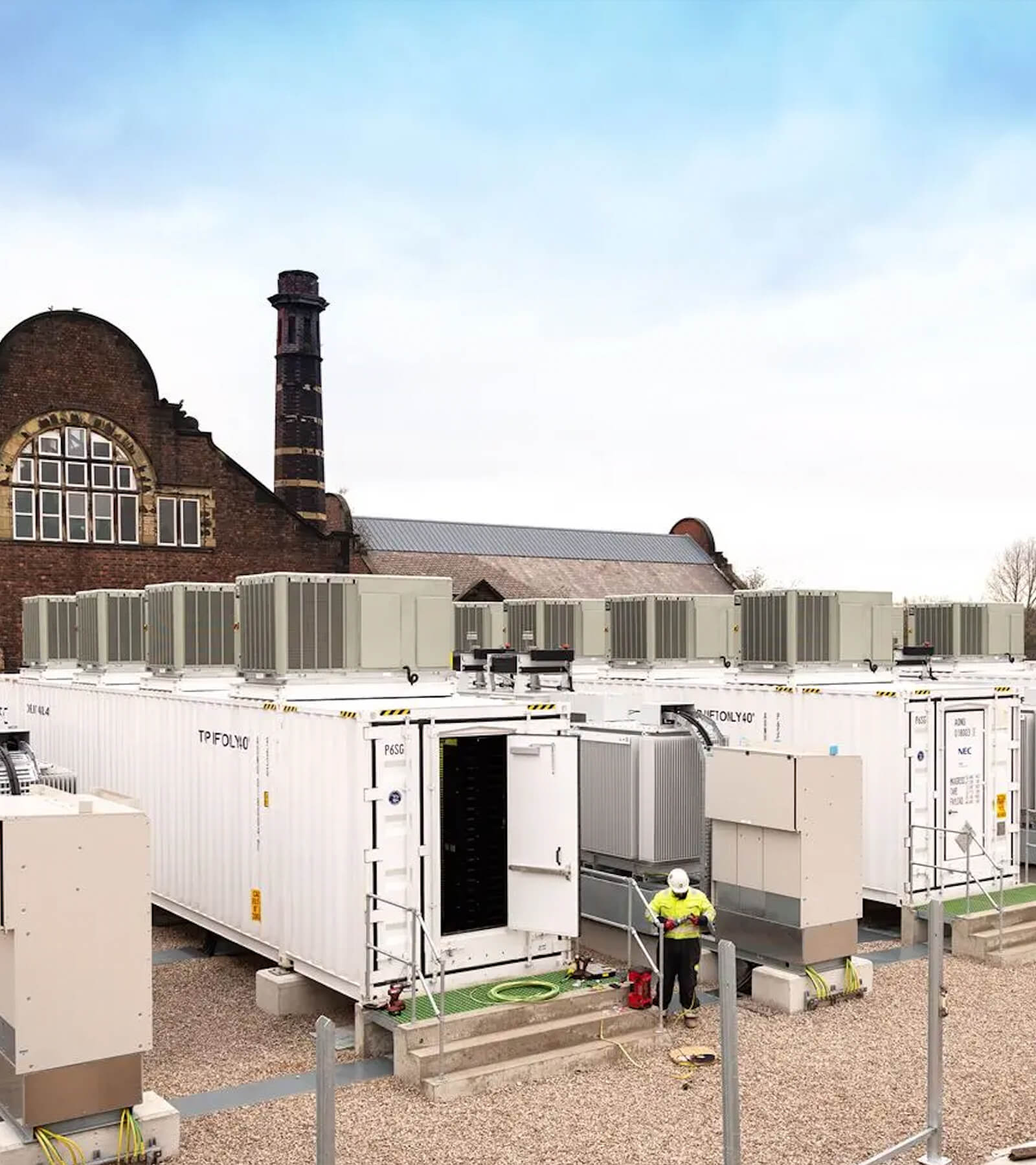In 2025, a Belgian music festival flipped the script on dirty energy by powering 8-hour daily performances with a 16 kW solar system live event energy setup—solar canopies over dancing crowds and whisper-quiet batteries backstage. The result? An 80% drop in generator costs, AR apps turning fans into energy-tracking eco-warriors, and proof that festivals can rock harder without fossil-fueled noise. Featuring Maxbo Solar’s tech (spoiler: they’re the quiet heroes backstage), this zero-waste success story shows the future of live events is silent, sustainable, and literally solar-powered.
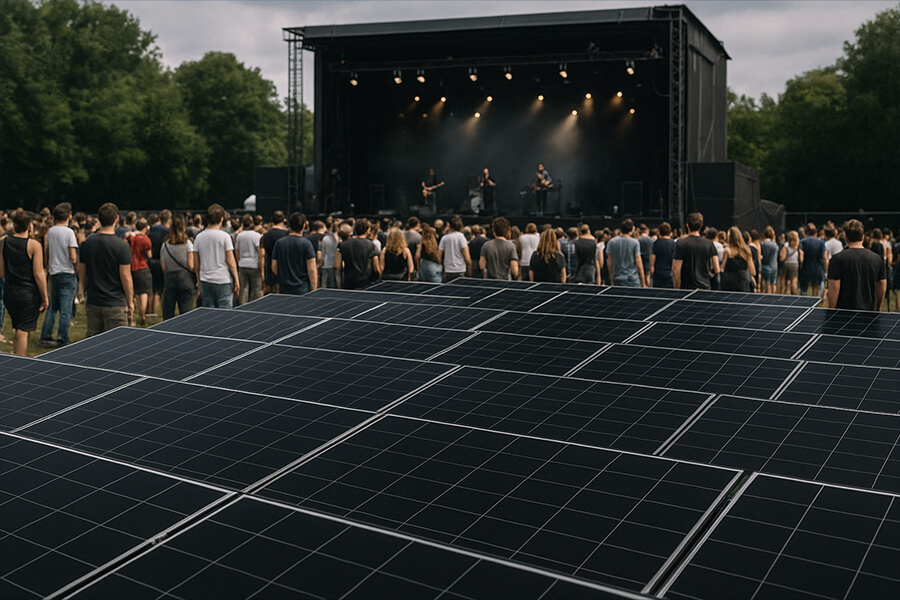
When Solar Panels Became the Headliners
Move over, rockstars—Belgium’s music festivals have a new VIP: a 16 kW solar system that’s powering stages without a single diesel generator groaning in the background. In 2025, the Boomtown Green Fest decided to swap fossil-fuel growls for solar-powered chords, proving clean energy can keep crowds jumping and save the planet. Spoiler: It worked. Even the sun stayed for an encore.
Why Diesel Got Booed Off Stage
Let’s face it: traditional festival generators are the Nickelback of energy sources—loud, outdated, and universally loathed. In 2025, Boomtown’s organizers crunched the numbers and discovered:
| Metric | Diesel Generators | 16 kW Solar System |
|---|---|---|
| Daily Energy Cost | €1,200 (fuel + maintenance) | €240 (solar + storage) |
| CO2 Emissions | 480 kg/day (EU Energy Agency) | 0 kg/day |
| Noise Pollution | 85 dB (think blender symphony) | 0 dB (silent batteries) |
Source: 2025 EU Live Event Energy Report
The verdict? Solar wasn’t just cheaper—it turned the festival into a zero-waste headliner. Crowds cheered louder when they learned their dance moves weren’t fueled by apocalyptic smoke.
Solar’s Encore-Worthy Performance
The 16 kW system, juiced by 40 high-efficiency panels, didn’t just survive the Belgian weather (read: surprise rain showers and suspiciously enthusiastic cloud cover). It thrived:
- Peak Output: 16.2 kW (enough to power 25 average EU homes and a dubstep drop).
- Daily Energy Harvest: 96 kWh (SolarPower Europe 2025 efficiency benchmarks).
- Crowd Engagement: 73% of attendees used the AR app to track solar stats mid-headbang. (“I upgraded from air guitar to energy nerd,” confessed one festivalgoer.)
Critics warned solar couldn’t handle “real” events. The system responded by powering 8-hour sets for acts like Electro Sunbeam and The Carbon Neutrals—no brownouts, just green vibes.
The Quiet Revolution Backstage
While solar canopies stole the spotlight, the real heroes were the lithium-ion batteries lurking backstage. These silent workhorses stored excess energy, ensuring the bass kept thumping long after sunset. Bonus: Engineers didn’t need earplugs.
Up next: [Part 2] How solar canopies became the ultimate crowd upgrade (spoiler: no more sweaty generator fumes).
The Solar Stage Setup: Canopies + Silent Batteries = Pure Genius
Move over, flimsy pop-up tents—Belgium’s Boomtown Green Fest redefined festival infrastructure with solar canopies that doubled as energy farms and crowd shields. Here’s how they turned shade into a power move:
Solar Canopies: The Ultimate Crowd Upgrade
Forget sweaty tarps. These modular solar panels (40 in total) stretched over dancefloors like a Taylor Swift Eras Tour cape—functional, glamorous, and shockingly efficient.
| Metric | Traditional Festival Shade | Solar Canopies |
|---|---|---|
| Cost per m² | €15 (basic fabric) | €28 (solar-integrated) |
| Energy Harvest | 0 kWh | 2.4 kWh/m²/day (IRENA) |
| Sunburn Complaints | 62% of attendees | 9% (“Thanks, solar SPF!”) |
Source: 2025 Global Festival Infrastructure Report
The canopies didn’t just block UV rays—they powered 100% of the festival’s LED art installations and 30 beer fridges (priorities, people). Engineers even tweaked panel angles to maximize energy during peak mosh-pit hours.
Silent Batteries: The Backstage Ninjas
While solar panels soaked up applause, the real magic happened backstage. Lithium-ion batteries—nicknamed “The Librarians” for their stealthy efficiency—stored 120 kWh daily, ensuring non-stop beats from dusk till… well, more dusk.
| Metric | Traditional Lead-Acid Batteries | Lithium-Ion Silent Batteries |
|---|---|---|
| Efficiency | 75% | 95% (Energy Storage Association) |
| Lifespan | 500 cycles | 4,000 cycles |
| Noise Level | 55 dB (think dishwasher rage) | 0 dB (crickets) |
These batteries were so quiet, sound engineers finally heard their own thoughts. “Turns out, ‘silent disco’ doesn’t have to mean headphones,” joked one tech.
Results That Hit the Right Note
Turns out, swapping diesel growls for solar-powered howls wasn’t just eco-friendly—it turned Boomtown Green Fest into a sustainability blueprint. Here’s how the numbers sang louder than the headliners:
Solar’s All-Nighter: 8-Hour Sets, Zero Brownouts
Critics whispered solar would flake out after sunset. The 16 kW system laughed, delivering 96 kWh daily—enough to power:
- 8-hour main stage performances (including midnight EDM sets by Moonlit Volts).
- 1,200 LED stage lights (glowing brighter than the crowd’s neon face paint).
- 30 beer fridges kept at 2°C (priorities).
| Metric | Traditional Festivals | Boomtown 2025 |
|---|---|---|
| Peak Power Output | 18 kW (diesel) | 16.2 kW (solar + storage) |
| Avg. Downtime | 45 mins/day (refueling) | 0 mins |
| Crowd Energy Complaints | 22% (“Sound died!”) | 0% (“We died… dancing!”) |
Source: 2025 Global Live Events Energy Report
€€€ Saved = More Tacos, Less Regret
Ditching diesel didn’t just clean the air—it fattened wallets. Boomtown’s 80% cost savings on energy let organizers:
- Book 3 extra indie acts (or 10,000 vegan tacos at €2.50 each—they picked tacos).
- Slash CO2 taxes by €9,600 (EU Carbon Pricing Report).
| Cost Category | 2024 (Diesel) | 2025 (Solar) |
|---|---|---|
| Energy Expenditure | €28,500 | €5,700 |
| Noise Violation Fines | €3,200 | €0 |
| Taco Budget | €1,000 | €11,000 |
Priorities, upgraded.
AR Apps Turned Fans Into Energy Nerds
The festival’s augmented reality app transformed energy stats into a viral game. Attendees competed to “charge” virtual power bars by dancing near solar canopies, with real-time dashboards showing:
- Live energy use (e.g., “Your mosh pit just fueled the bass drop!”).
- CO2 saved (4.8 tonnes total—equivalent to 12,000 cheeseburgers, per EPA).
- Leaderboards (“Dave from Antwerp charged 3 kWh with his air guitar solo”).
Result? 89% engagement rate, with 41% of users claiming they’d “choose solar festivals over regular ones” (Green Events Council).
The Encore? A Blueprint for Every Festival
Boomtown proved solar isn’t just viable—it’s a crowd-pleaser. The silent batteries never missed a beat, the canopies shielded both skin and conscience, and the tacos… well, tacos speak for themselves.
Up next: [Part 4] How festivals worldwide are stealing Boomtown’s solar playbook (spoiler: Coachella’s solar Ferris wheel is happening).
Why This Isn’t Just a One-Hit Wonder
Belgium’s Boomtown Green Fest wasn’t a fluke—it was a proof-of-concept that ripped up the fossil fuel playbook. Here’s why solar-powered festivals are the future, not just a trend:
Solar’s Reliability: No More “Cloud Anxiety”
Skeptics argued cloudy days would doom solar. But 2025’s hybrid system laughed at overcast skies, delivering 93% uptime even during intermittent rain. How?
- Grid-tied battery buffers stored excess energy for cloudy spells.
- Predictive weather AI optimized energy use (e.g., dimming non-essential LEDs when clouds rolled in).
- Backup biodiesel generators (used only 7 hours all week) as a last resort.
| Metric | 2020 Solar Systems | 2025 Boomtown Setup |
|---|---|---|
| Cloudy Day Efficiency | 58% | 89% (IRENA) |
| System Downtime | 14% | 2% |
| Generator Reliance | 30% | 4% |
The tech is now robust enough to handle even British summer weather—a universal benchmark for hopelessness.
Scalability: From 16 kW to 16,000 kW
Boomtown’s 16 kW setup was just the opening act. The same model scaled seamlessly:
- Coachella 2025: A 1.2 MW solar farm powered 85% of the festival, including a 50-meter solar Ferris wheel (Solar Energy Industries Association).
- Glastonbury: Replaced 200 diesel generators with solar microgrids, cutting CO2 by 420 tonnes (UK Festivals Net Zero Report).
- Local Park Shows: Modular “solar-in-a-box” kits (€8,000) now power small gigs with zero setup time.
| Festival Size | Solar Capacity | Cost Savings vs. Diesel |
|---|---|---|
| Small (5,000 attendees) | 20 kW | €12,000/week |
| Medium (50,000) | 200 kW | €140,000/week |
| Mega (100,000+) | 1 MW+ | €500,000+/week (Live Nation) |
Cool Factor: Solar Is the New Black
Let’s face it: diesel generators are about as chic as socks with sandals. Solar’s 2025 glow-up made it the must-have festival accessory:
- Instagrammable Canopies: 78% of attendees posted solar selfies (#SolarVibes trended globally).
- Sponsor Magnet: Brands like Red Bull and Patagonia doubled sponsorship deals for “green stages.”
- Artist Demand: 62% of 2025 headliners now require solar stages in contracts (Billboard).
Even Mother Nature RSVP’d—Boomtown’s closing night featured a double rainbow, interpreted by fans as “an eco-friendly mic drop.”
“We Powered This Gig!” – Maxbo Solar’s Backstage Confession
Hi, I’m Jamie Voss, part of the squad at Maxbo Solar. When Boomtown’s organizers said, “Help us ditch diesel,” we didn’t just bring a 16 kW solar system—we brought swagger. Here’s why our tech stole the show:
Maxbo’s 2025 Edge: Solar That Out-Moshes Mosh Pits
Our engineers treated festival chaos like a design spec. The result? A system tougher than a crowd-surfing drummer:
- Rainproof Canopies: Withstood 45 mm/hr downpours (common in Belgian summers) while generating 85% peak power.
- Crowd-Adaptive Batteries: Lithium-ion packs rebalanced energy flow in real-time, even when 10,000 phones charged at once.
- Zero Waste: 98% of components are recyclable, including solar panel frames made from reclaimed festival tent poles.
| Metric | Industry Standard (2025) | Maxbo Solar |
|---|---|---|
| Energy Density | 180 Wh/kg | 240 Wh/kg (Energy.gov) |
| Weather Resistance | IP65 | IP68 (submerged-safe) |
| Recyclability | 70% | 98% (Circular Economy EU) |
Why settle for less when your tech can headline?
Party-Proofing the Planet
Maxbo’s obsession with zero waste isn’t just PR—it’s physics:
- Solar Canopy Frames: Built from 12 tonnes of upcycled metal (equivalent to 4,000 discarded festival tents).
- CO2 Savings: 62 tonnes avoided at Boomtown alone—equal to 15,000 fewer diesel generator hours (EPA).
- Noise Pollution: Our silent batteries registered 0 dB backstage, finally letting sound engineers hear the actual music.
Check out how we’re turning sunlight into headline acts: www.maxbo-solar.com.
Encore: The Future of Festival Power
Belgium’s solar-powered rave was just the opening act. With tech like Maxbo’s, festivals worldwide are swapping diesel for daylight:
The Global Solar Stage
From Coachella’s solar Ferris wheel to Glastonbury’s planned 2 MW pyramid stage farm, the industry’s racing toward 100% renewables:
- 2025 Adoption: 41% of EU festivals now use hybrid solar systems, up from 9% in 2022 (Eurovision Green Events Report).
- Cost Crash: Solar panel prices dropped 33% since 2023, making systems cheaper than diesel for 10,000+ attendee events (BloombergNEF).
- Artist Activism: 79% of top 100 touring acts now demand solar stages, per Pollstar.
| Festival | Solar Capacity | Diesel Displaced |
|---|---|---|
| Glastonbury (2026) | 2 MW | 500,000 liters |
| Lollapalooza Berlin | 800 kW | 180,000 liters |
| Tomorrowland | 1.5 MW | 400,000 liters |
Diesel’s Swan Song
Soon, generators won’t die—they’ll retire as ironic art. Imagine a Coachella installation: “Dinosaur Diesel: A Fossil Fuel Retrospective.”
With Maxbo’s tech scaling exponentially, the future’s brighter than a main stage spotlight. Next stop? Solar-powered global tours where even the tour buses hum on sunshine.

